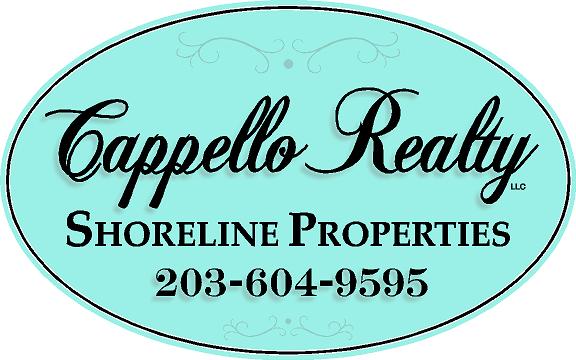
Problems with the soil are one of the main reasons that the vegetables or fruits do not yield as expected. Gardeners with inadequate knowledge about the land then apply ineffective means to solve these soil issues. These methods, however, do not produce any tangible results. Here are some common soil issues that many gardening enthusiasts face as well as how to go about correcting them:
1. Inadequate organic matter. When a piece of land has been raising crops for long without manure, the soil’s natural strength will decline. This loss of nutrients will manifest in various ways like poor water holding capacity, failing crops, and minimal organic activities. You can fix low soil organic matter by adding manure to the soil. Use only fully decomposed compost to enable plants to absorb the soil nutrient fully. You can also plant cover crops. Avoid tilling wet soil and practice crop rotation.
2. Excessively Dry Soil. Dryness is typical to sandy soil. You can prevent your garden soil from drying out too quickly by adding manure. The manure will increase water retention capacity and also help the dirt to retain nutrient. You should only use fully decomposed compost. It will help improve water retention and reduce water loss by evaporation.
3. Excessively Acidic Soil. This poor soil condition usually happens when there is excessive use of nitrogen-based fertilizer, high rainfall and a vast population of evergreen trees in the area. You can fix acidic soil in your garden by adding lime in a controlled amount, depending on the type of land as well as the present pH levels. Wood ash also works to reduce soil acidity, however, in more controlled levels as too much can make the soil more basic which is also inferior. Growing acidic soil tolerant plants is also a good idea to provide natural support for the land.
4. Soil with Excess Sodium Content (Excess Salinity). Excessive salinity is typical in low lying areas close to waterfalls as well as semi-arid climates. Testing the land is the best way to confirm that the soil has excess sodium content. The best remedy is to add elemental gypsum and sulfur. The addition depends on the type of dirt and how serious the issue is. Talk to a soil expert before use.
Having good soil is a prerequisite for great gardening, or else most of your efforts will be in vain. If you are planting a garden without knowing the soil type, visit a landscape expert to help you access your garden soil and recommend professional solutions for you.
About the Author

Linda Cappello, Broker, GRI, ABR
Linda A. Cappello, Owner/Broker of Cappello Realty Shoreline Properties. Cappello Realty is a full service boutique Real Estate firm that specializes in 06855 - East Norwalk, and services all of Norwalk and Fairfield County, CT. Linda has been in the Real Estate business for 20+ years, spending 18 of them as a Owner/Broker. Being a Broker adds a lot responsibility to her job. She is responsible for overseeing every transaction and agent in the office. This is a challenge that she looks forward to and takes very seriously. She is constantly taking continuing education classes and attending seminars to keep abreast of the ever changing market as well as the industry standards, rules and regulations.
She is a native to East Norwalk, and has an in-depth knowledge of the city that she loves, as well as the intricacies of the many unique neighborhoods and areas that Norwalk offers. Linda offers her clients a network of professionals ranging from Attorneys, Mortgage Brokers, Home Stagers and Home Inspectors to any and all pros that you may need for a successful transaction and for the convenience of her clients.
"My job doesn't end at the closing table. It goes far beyond that, keeping in touch and staying friends who refer their family and friends. A lot of my business is referral business which is the greatest accomplishment and honor of all. Earning my clients trust."
